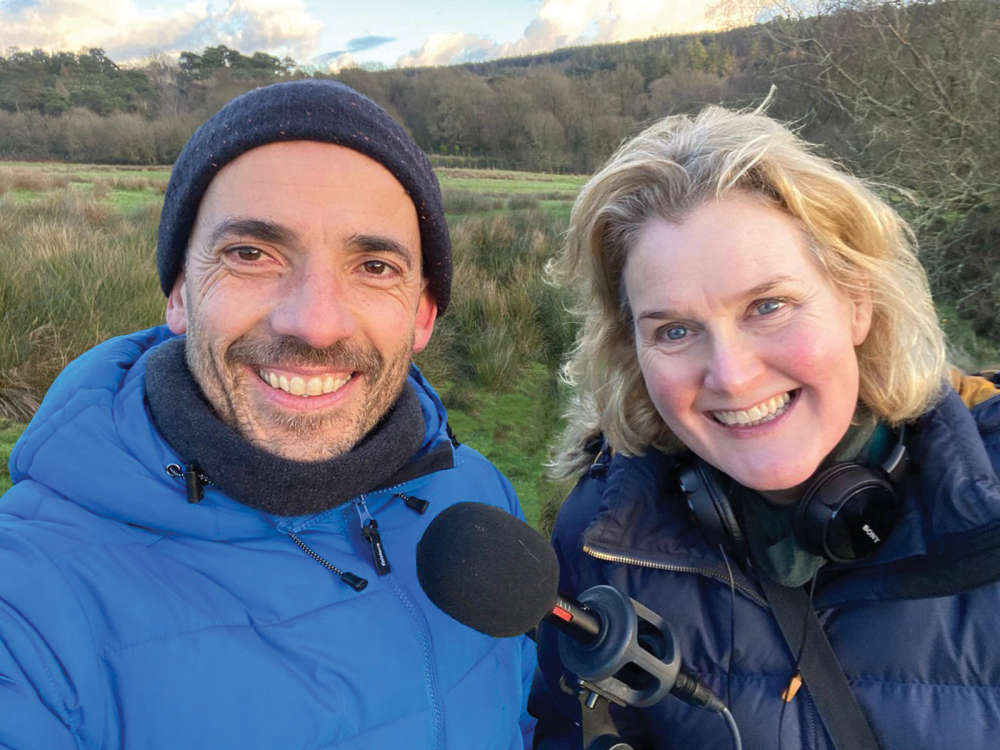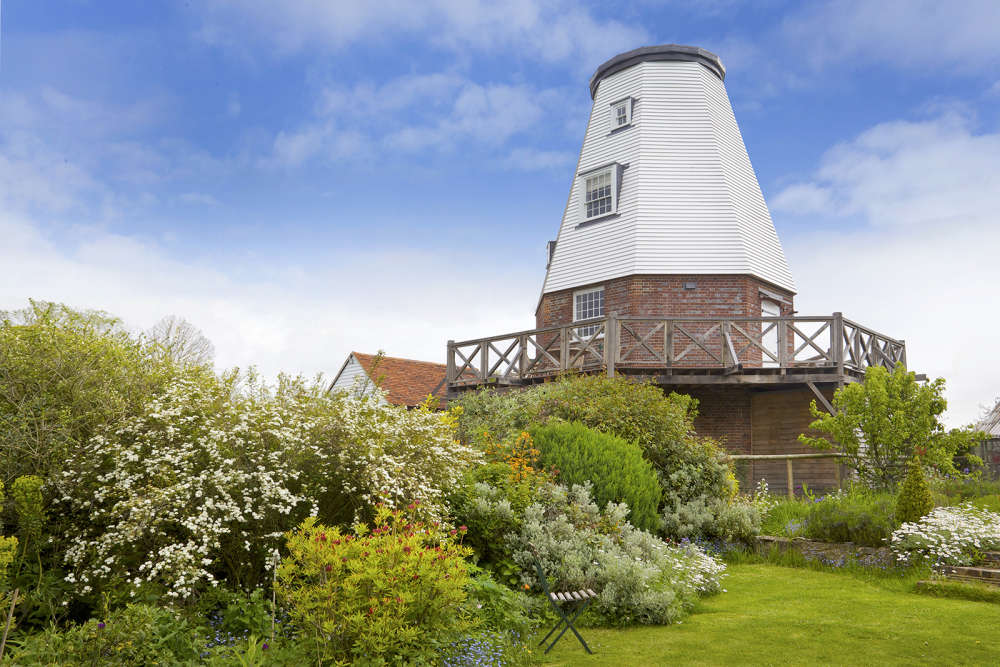
In recognition of National Walking Month, ExerciseWithStyle.com, and their expert fitness writer Jesse Hyson, MClinExPhys, AEP, PT, has released a study revealing the minimum amount of exercise needed for a healthy lifestyle, specifically focusing on walking.
In recognition of National Walking Month, we've taken a deep dive into the why behind the often overlooked form of exercise- walking.
An average, experts believe that just 150 minutes (roughly 20 minutes per day) of moderate-intensity walking per week can lead to significant health benefits. These include improved cardiovascular health and enhanced mood.
Some people struggle to enjoy walking, and if you fall into that category, why not try walking with music, exploring new routes or introducing interval walking? These simple yet effective strategies can motivate you to embrace walking as a part of your daily routine.

The minimum exercise you should regularly be doing:
- Walking: Walking is a low-impact, accessible form of exercise that can significantly benefit health. Aim for 150 minutes per week, which can be broken down into 30 minutes a day for five days. Walking can be done anywhere - from your local streets to countryside paths- and doesn't require any special equipment or a gym membership!
- Strength Training: Strength training helps build muscle mass, which is crucial for metabolism and physical strength. It doesn't necessarily require heavy weights; bodyweight exercises like squats or push-ups, resistance bands, or light dumbbells can all be effective ways to increase your strength.
- Stretching and Flexibility: Regular stretching helps maintain flexibility, which can reduce the risk of injuries and improve overall movement quality. Consider activities like yoga or pilates, or simple daily stretches that target all major muscle groups.

Expert Tips to Make Exercise More Fun & Engaging:
- Explore Different Scenery: Changing your walking route keeps things interesting and can make your walks more enjoyable. Try exploring different parks, areas, or footpaths in your county.
- Walking Groups: Walking with others can make the activity more fun and provide a source of social support. Look for local walking groups in your community, or start your own with friends or family if possible.
- Music and Audiobooks: Listening to music, audiobooks, or podcasts can make your walks more enjoyable and provide a mental distraction if you find the activity boring.
- Interval Walking: Interval walking involves changing your walking speed at regular intervals. For example, you might walk at a moderate pace for five minutes, then speed up to a brisk pace for one minute, and repeat. This can make your walks more challenging and interesting.
- Fitness Tracker: Using a fitness tracker can help you stay motivated by letting you monitor your progress. Set daily or weekly goals for steps or distance, and celebrate when you achieve them.



 Home Style: Colourful New Life
Home Style: Colourful New Life
 Money Matters: Release Reality
Money Matters: Release Reality
 World Listening Day 2024: Learning to Listen to our Environment
World Listening Day 2024: Learning to Listen to our Environment
 Spotlight Events: What's On in July 2024
Spotlight Events: What's On in July 2024
 RSPCA Celebrates 200 Years
RSPCA Celebrates 200 Years
 Be Well, Move Happy: Learning a New Skill and Water Sports
Be Well, Move Happy: Learning a New Skill and Water Sports
 10 Ideas for a Screen-Free Summer
10 Ideas for a Screen-Free Summer
 Home Style: Bold Type
Home Style: Bold Type
 What to Watch in July 2024
What to Watch in July 2024
 The Exciting Appeal of the Beach Holiday
The Exciting Appeal of the Beach Holiday
 "I quite like to end up with a setlist that involves a catalogue of human misery..." Nish Kumar on his return to stand-up comedy
"I quite like to end up with a setlist that involves a catalogue of human misery..." Nish Kumar on his return to stand-up comedy
 Money Matters: The Revenue Generation
Money Matters: The Revenue Generation
 Home Style: A Better Way of Life
Home Style: A Better Way of Life
 Weddings: The Food of Love
Weddings: The Food of Love
 Vino, Vidi, Vici: The Vineyards, Breweries & Distilleries of Sussex
Vino, Vidi, Vici: The Vineyards, Breweries & Distilleries of Sussex
 Homes Extra: Digging a Design
Homes Extra: Digging a Design
 Listening to Nature: Meet the people behind the Ashdown Forest podcast
Listening to Nature: Meet the people behind the Ashdown Forest podcast
 Home Style: Tales from the Mill
Home Style: Tales from the Mill
 SPECIAL OFFER: General Admission Tickets To The Al Shira’aa Hickstead Derby Meeting
SPECIAL OFFER: General Admission Tickets To The Al Shira’aa Hickstead Derby Meeting
 A Gourmet Escape on the Eurostar: London to Amsterdam with Culinary Delights in Almere
A Gourmet Escape on the Eurostar: London to Amsterdam with Culinary Delights in Almere